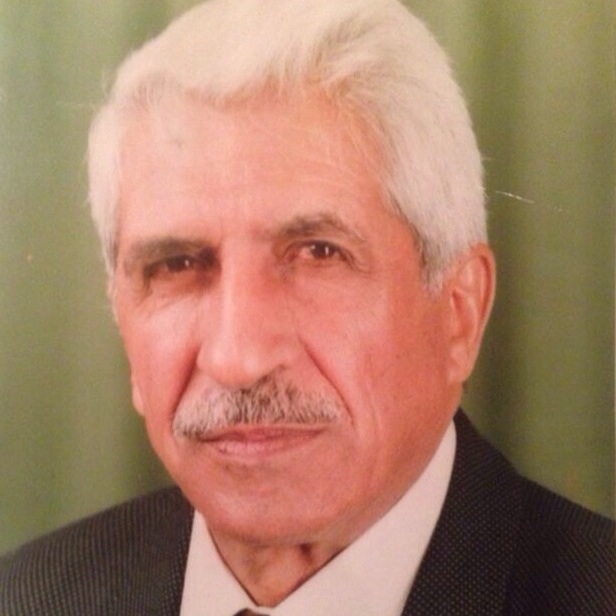Hakim Fayez Jordanian politician
About him
Hakim al-Fayez (1932-2013) is a great Jordanian and Arab fighter and one of the most prominent members of the national leadership in the Baath Socialist Party in the sixties and seventies of the last century. He was imprisoned and arrested in Syria by the regime of President Hafez al-Assad for 23 years (1971-1993), during the rule of the president The former Hafez al-Assad, who turned against the Baath and its men in a power struggle between him and his fellow Baathists, February 22, 1971.
He lived and died while still dreaming of a single Arab nation with an immortal message, and spent his life defending the principles and values of Arabism, adhering to the unity of his Arab nation and the freedom of its occupied lands. with the Israeli occupation. He joined the ranks of the Arab Socialist Ba’ath Party in 1957.
his life
Hakim was born in 1932 in Amman. The ruler lived an orphan father, so he spent his first years in the house of his grandfather Mithqal al-Fayez, one of the most prominent Jordanian tribal sheikhs at the beginning of the last century.
His grandfather Mithqal Al-Fayez was residing in Al-Qurayyat in Saudi Arabia. His grandfather Mithqal Al-Fayez sent him to Amman to study there. She joined Al-Asbaliya Primary School and was located in the center of Amman. In one of the interviews with Hakim Al-Fayez, he said, “The school was opposite the Royal Hashemite Court, and there was no separation wall between it and the Court, and we were students constantly watching King Abdullah I, the founder, and King Abdullah I would often visit us at the school, talk to us and sometimes ask us questions about language and jurisprudence. On one occasion, the founding king saw me and asked me where are you from, and I told him from the Fayez, and when I said that the weight of my grandfather said to me: You are the son of Sultan, and he wiped my forehead and recommended the school director to me as he used to recommend to all students
Then he moved to Egypt to complete his secondary education, and then returned to Amman again to leave for Iraq in 1949 to study law.
his policy
And about the beginning of his political awareness, he says that: “He would often sit in the house of his uncle, the late Akef Al-Fayez, who loved him very much and listened to the conversations of politicians, especially Suleiman Al-Nabulsi and others. The school was, according to him, another field for teaching nationalism, as he says that its director Hamad Al-Farhan and Dr. Nasser Al-Assad’s religion is the one who instilled in the children of his generation in the school the awareness and the national spirit.”
When he was in Iraq studying law, a new stage began in his political life, where he met a Palestinian poet named Ayoub Taha, who introduced him to the Baath Party after he distributed leaflets for the party at the University College of Law in Baghdad.
Then during his study days at the university, the Baathist writer Abd al-Rahman al-Munif asked the governor of al-Fayez to meet him in the party’s main office, and when he went, he asked him to swear the oath of the party in front of him. With a campaign of harassment of many politically active Arab students, some of them were expelled from the university, and Hakim Al-Fayez was one of the dismissed, and the Iraqi authorities decided to deport him from Baghdad, and he returned to Amman and stayed without work there.
He went to Damascus in 1966 to participate in the work of the National Conference of the Arab Socialist Ba’ath Party, and from that conference, Al-Fayez’s life changed completely, as he was elected as a member of the National Command in addition to three of his Jordanian comrades (Majali Nasraween, Mahmoud Al-Maaytah and Dhafi Al-Jamaani).
Then he moved to reside in Damascus in response to the conference’s decision that obligates members of the National Command to reside in Damascus, and began a new life there, where he became responsible for the Popular Organizations Office in the party. The conflict that was going on between the leaders of the party and the state in Syria was that there were differences within the leadership of the party and the state, so there was a dispute between the then Minister of Defense Hafez al-Assad on the one hand, and the head of state, Nureddin al-Atassi and Salah Jadid on the other, and everyone in the leadership worked to postpone the disputes to the party conference from He postponed the decision in the conference. Al-Fayez describes the differences as a power struggle and nothing more.

